“Woke” culture in the time of COVID-19
The artist’s depiction of a smartphone with Instagram open. Many people’s Instagram feeds have been flooded with displays of social media activism since the murder of George Floyd.
I hate social media social justice.
Being woke is cool. So, after a tragedy, my feed is filled with posts about it. It happens when there is a school shooting, or an environmental disaster, or a racist murder.
Most of the people I follow on Instagram are white, as are most of the people in the town where I am from. Because of the several recent horrific racist deaths in our country, this is especially relevant.
When a black person is mistreated or killed by the police, everybody posts the same few images: the video of the police officers mistreating of killing the person, a drawn graphic to commemorate the person killed (read: murdered by a police officer), and text exclaiming horror that his has happened again.
As soon as the incident leaves the news, people stop talking. And yet it continues to happen again and again.
The fact that so many people use platforms like Facebook, Instagram, or Twitter to make their voices and injustices heard seems ideal, but is posting the same image on my Instagram story enough? It might be enough for many people, but lately it is not enough for me.
The people who see my story are my friends who mostly share my views. Many of the posts I see are not calls to action, or ways to improve the situation. Don’t get me wrong, we must remember these people who have been wrongly killed, and a post commemorating is better than doing nothing. But I know I could be doing more.
We all could be doing more. Don’t just express your frustration and walk away. I have stopped reposting social justice related images on my story, because when I do, it’s too easy to view my part as done.
Posting is not activism, but it could be a jumping off point.
Just one day after seeing literally hundreds of posts about how horrific racial injustice is in this country, I watched so many of those posters (my friends-people I love and respect) drive around town in cars without masks. I watch you gather at the beach and the quarries, or at each other’s houses, piling into pictures and videos. You are touching each other, you are BREATHING on each other, and proclaiming to the world you can afford to not care.
This pandemic is not over. Maybe the first wave is done, but the next one is coming, and it will likely be worse because of actions like these, not just here, but all around this country.
Ignoring CDC, state, and city guidelines by gathering in huge groups without masks, and then posting those mask-free group pictures on the very same apps you used to proclaim your frustration at injustice, is at best naive and at its worst literally contributing to the systemic racial injustice you’ve said you want to dismantle.
COVID-19 disproportionately affects communities of color because of systemic flaws and inequities; the very things you express outrage at in your social media posts. The disproportionate numbers of cases and deaths in communities of color may not show the injustice in the same way a white woman calling the cops on a bird watcher, or a brutal police killing does, but it certainly counts as being part of the problem, not the solution.
I am white. I cannot represent the thoughts and feelings of communities that are not my own. I’m frustrated because I don’t know how to make a difference in a way that feels productive to me. I am ignorant. WE are ignorant. I’m tired of it.
Expressing disgust with the treatment of African-Americans in this country through a post is not enough, especially if you then disregard guidelines for keeping other people safe. You didn’t create these problems, but when you ignore social distancing protocols, you are actively contributing to systemic racism.
How can we be anti racist? Honestly, I am still figuring this out and likely will be for the rest of my life. I welcome any suggestions you have. But what I do know is that it isn’t easy to make change. First, I must stop denying the privileges handed to me and own my racism. We must work toward a future where we replace our inherently flawed system.
To get to that future we have to do more than repost outrage. Here’s what you can do after reposting:
- Call those in power and write letters. Start with your state representatives. In Gloucester our legislators are Ann Margaret Ferrante and Bruce Tarr. Let them know you support criminal justice reform and similar bills.
- Vote.
- Follow and donate money to organizations focused on work surrounding racial equity and justice like the NAACP, Color of Change, and locally the The Food Project.
- Read books and articles like Such a Fun Age by Kiley Reid or The New Jim Crow: Mass Incarceration in the Age of Colorblindness by Michelle Alexander.
- Watch movies and TV that deal with racism: The Hate U Give (based on the excellent book by Angie Thomas) or Selma.
- Read and watch media and then talk about it.
- Talk about racism in person, not just online.
We, as white people, need to not to be part of the problem.
Don’t just be woke when it benefits you, when it gives you clout, when it’s easy.
Stay home. If you go out, stay 6 feet apart. And if you can’t do that, and you care about social justice, or even if you don’t, wear a f@*#ing mask.
Ann-Margaret Ferrante:
Address:
Phone:
(617) 722-2370
Bruce Tarr:
Address:
Phone:
(617) 722-1600


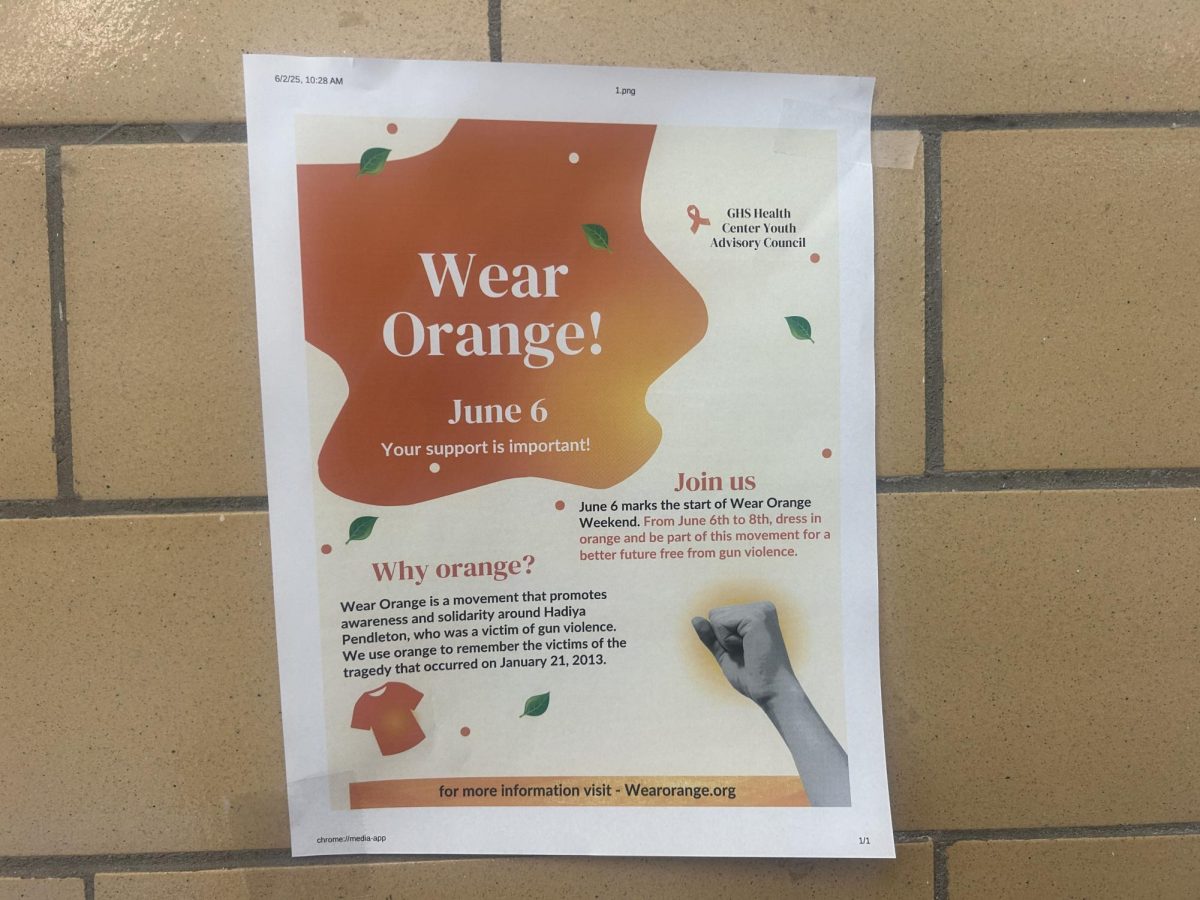
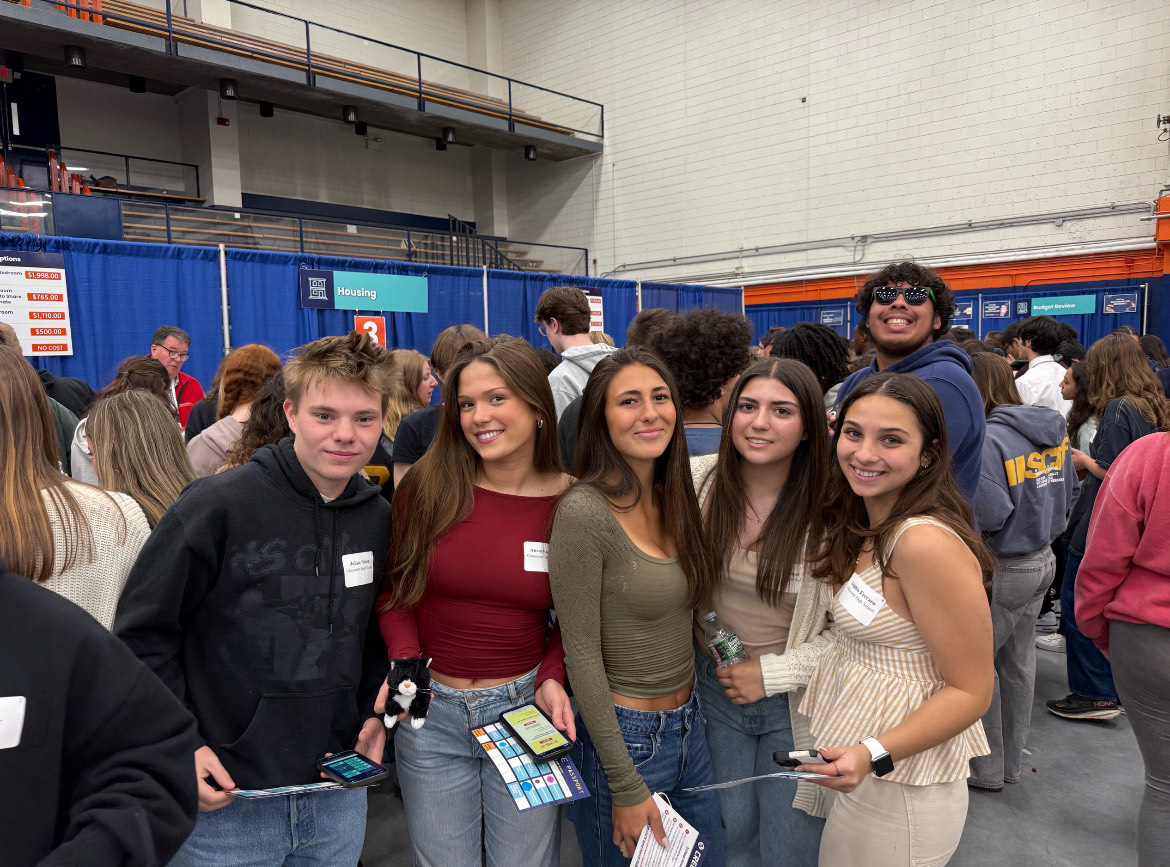
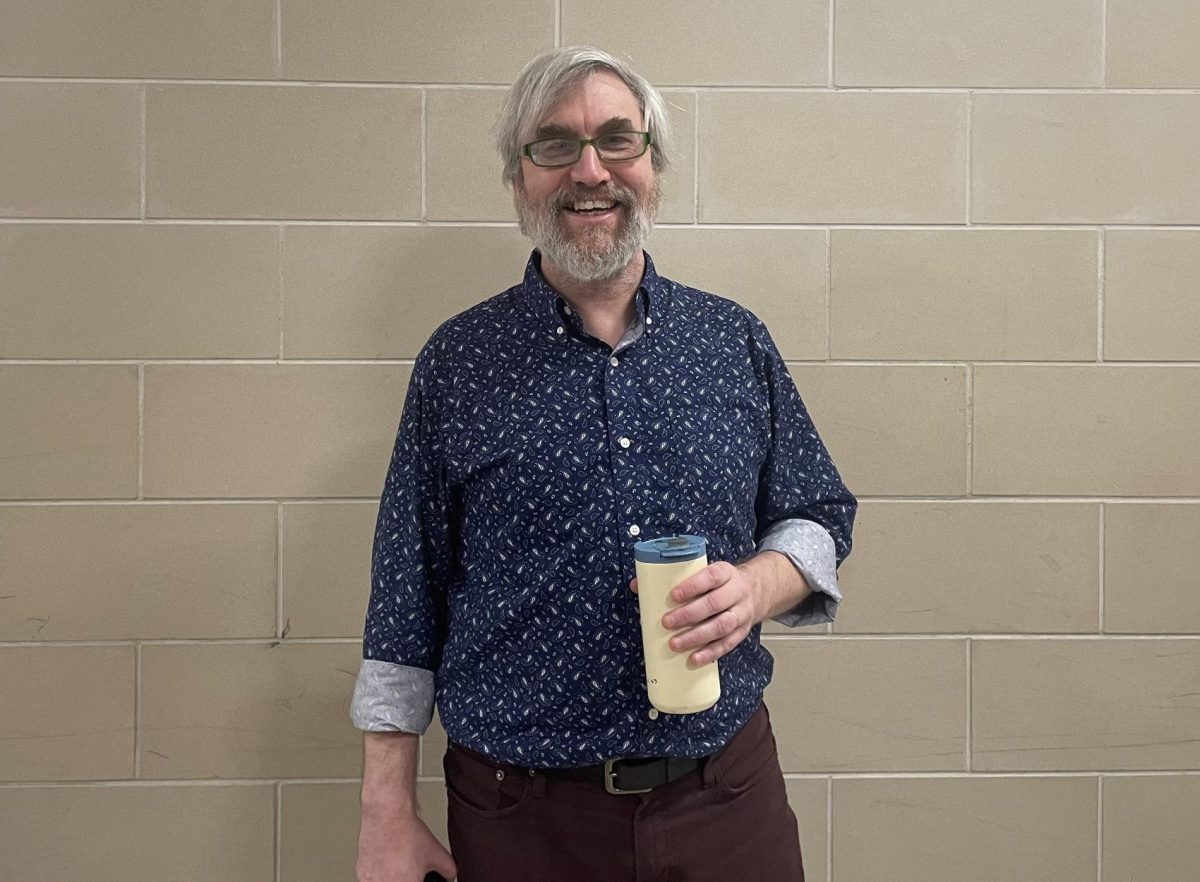



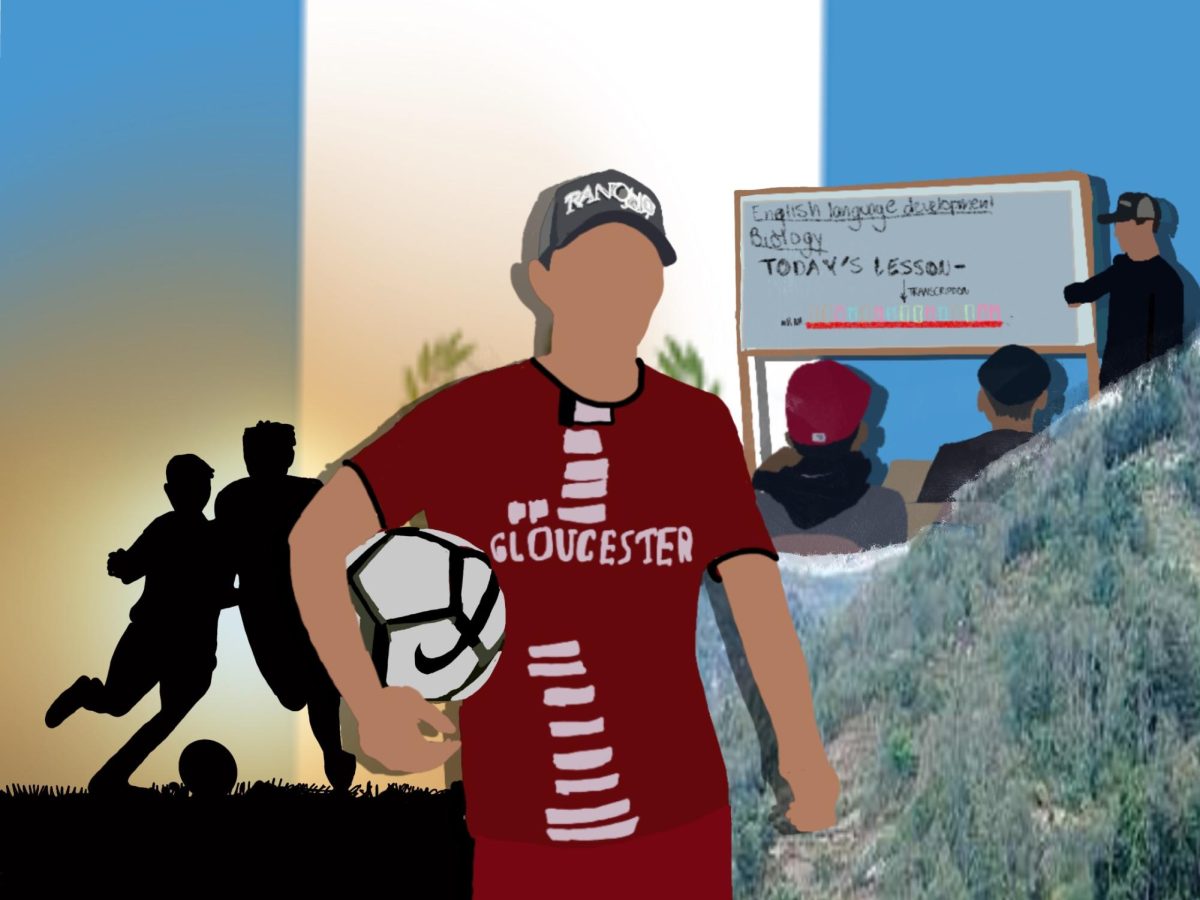
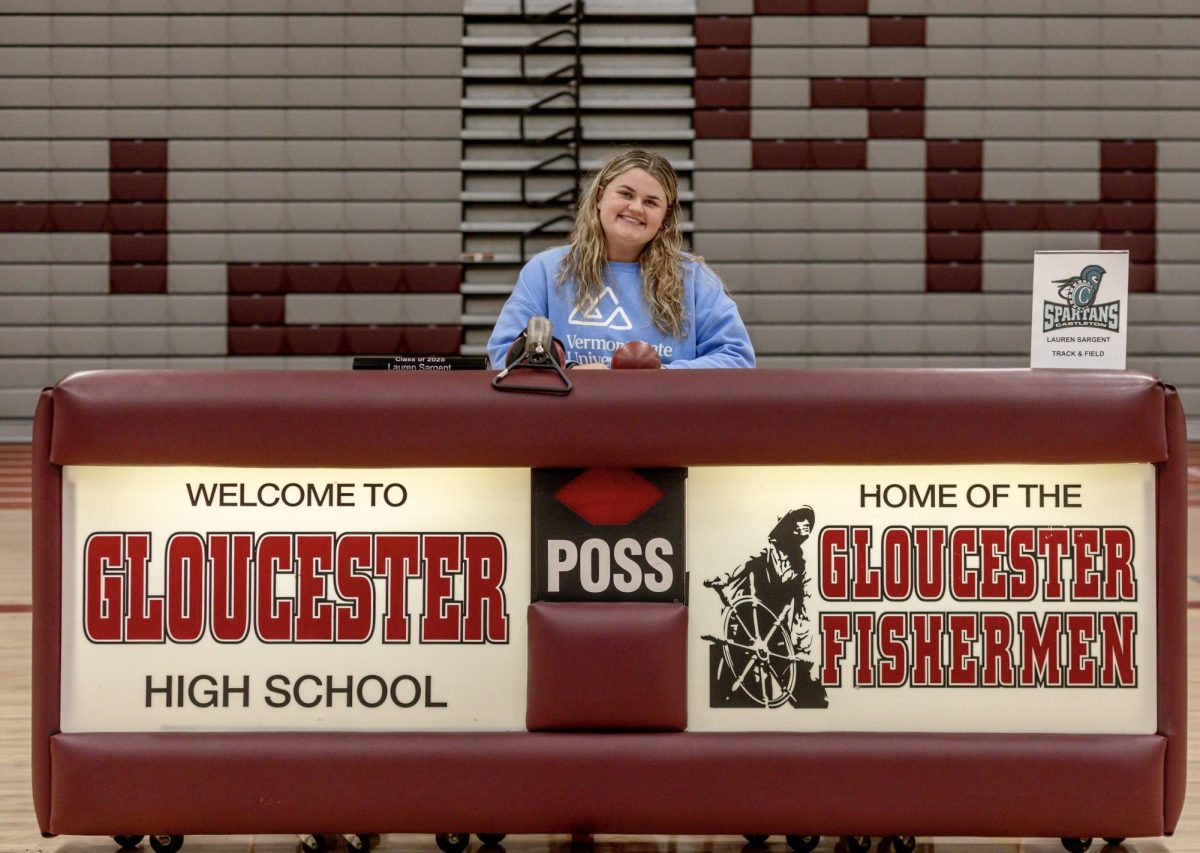
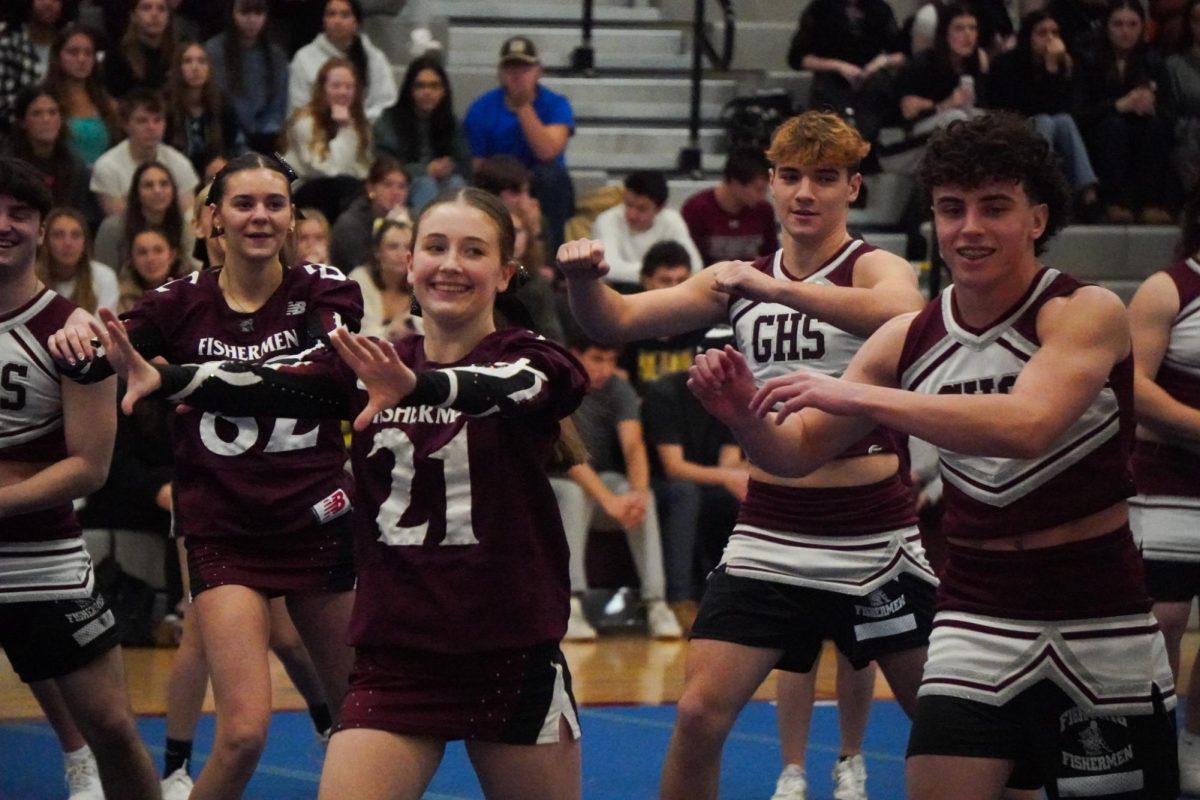
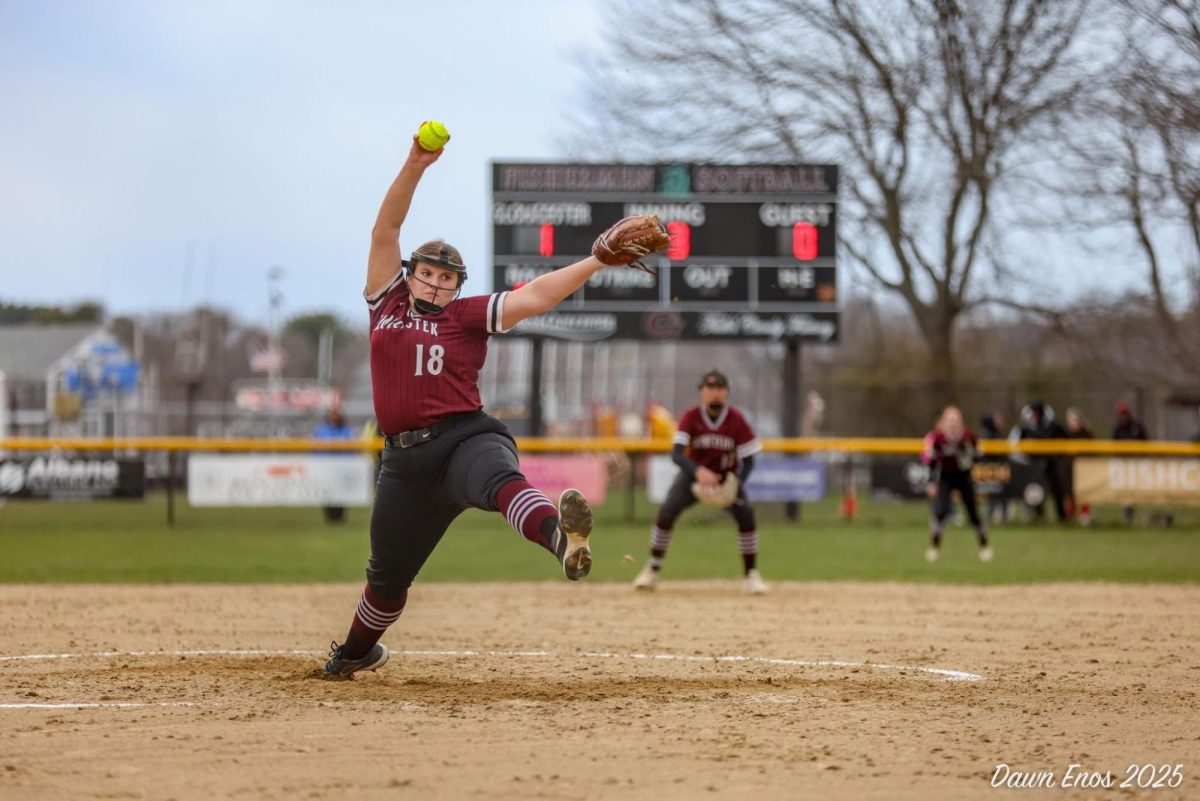
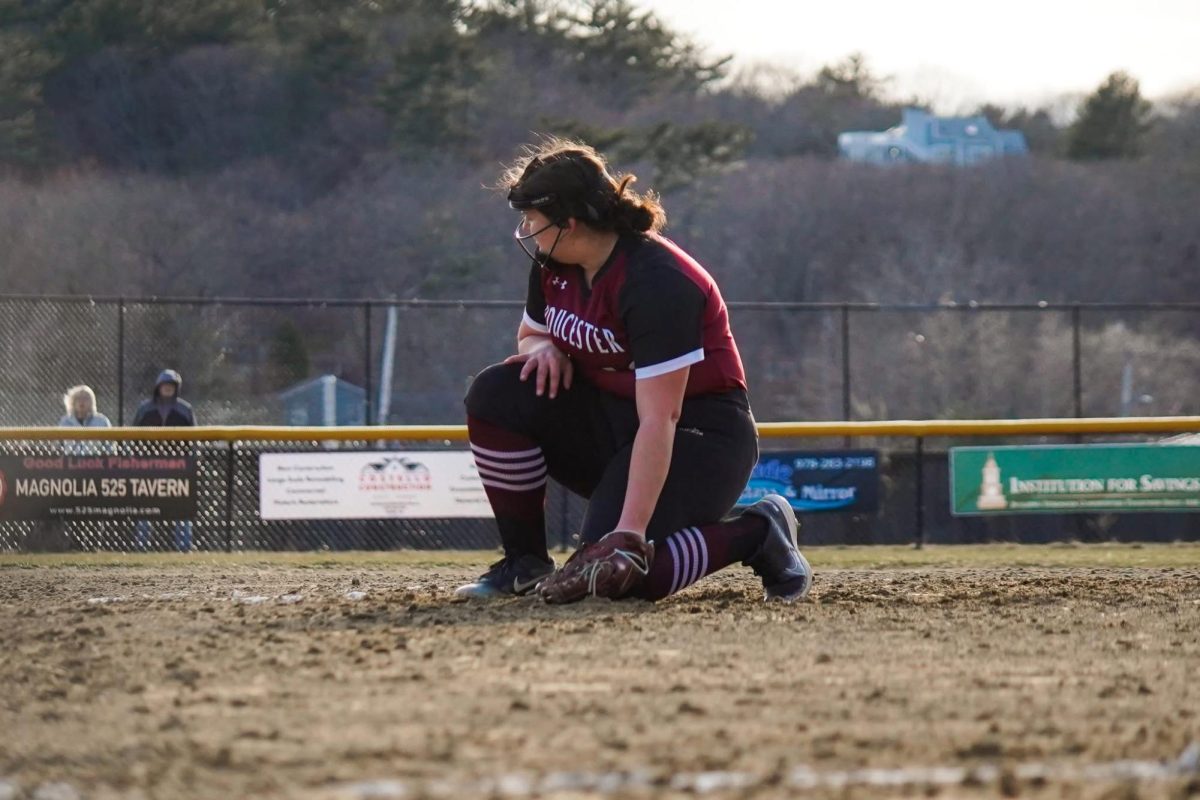
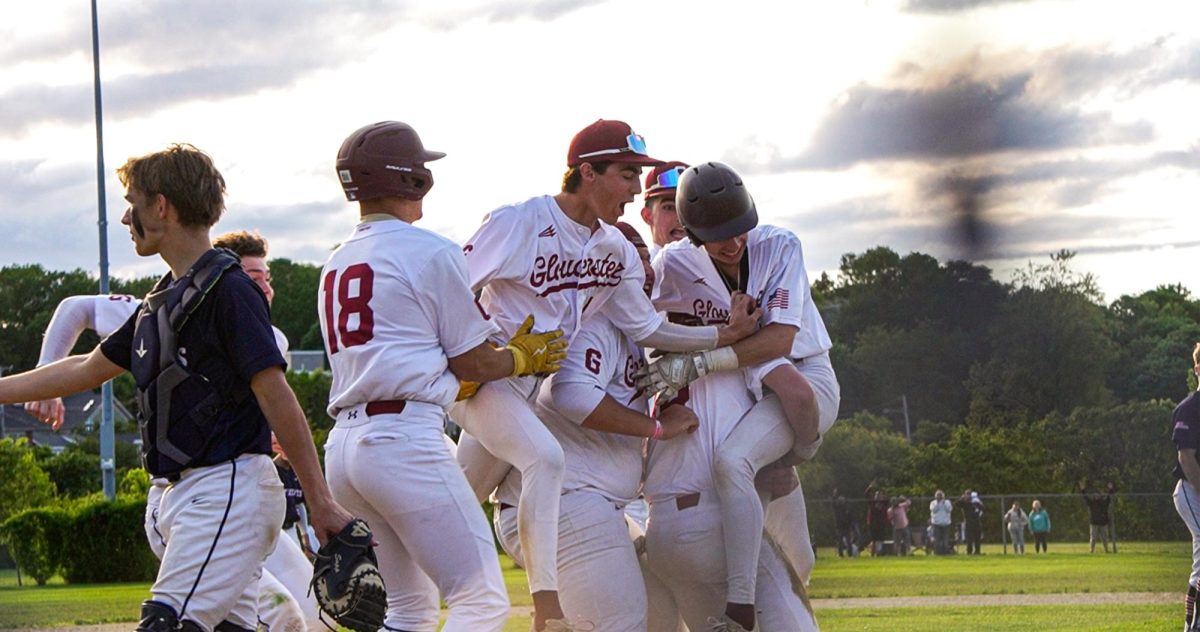
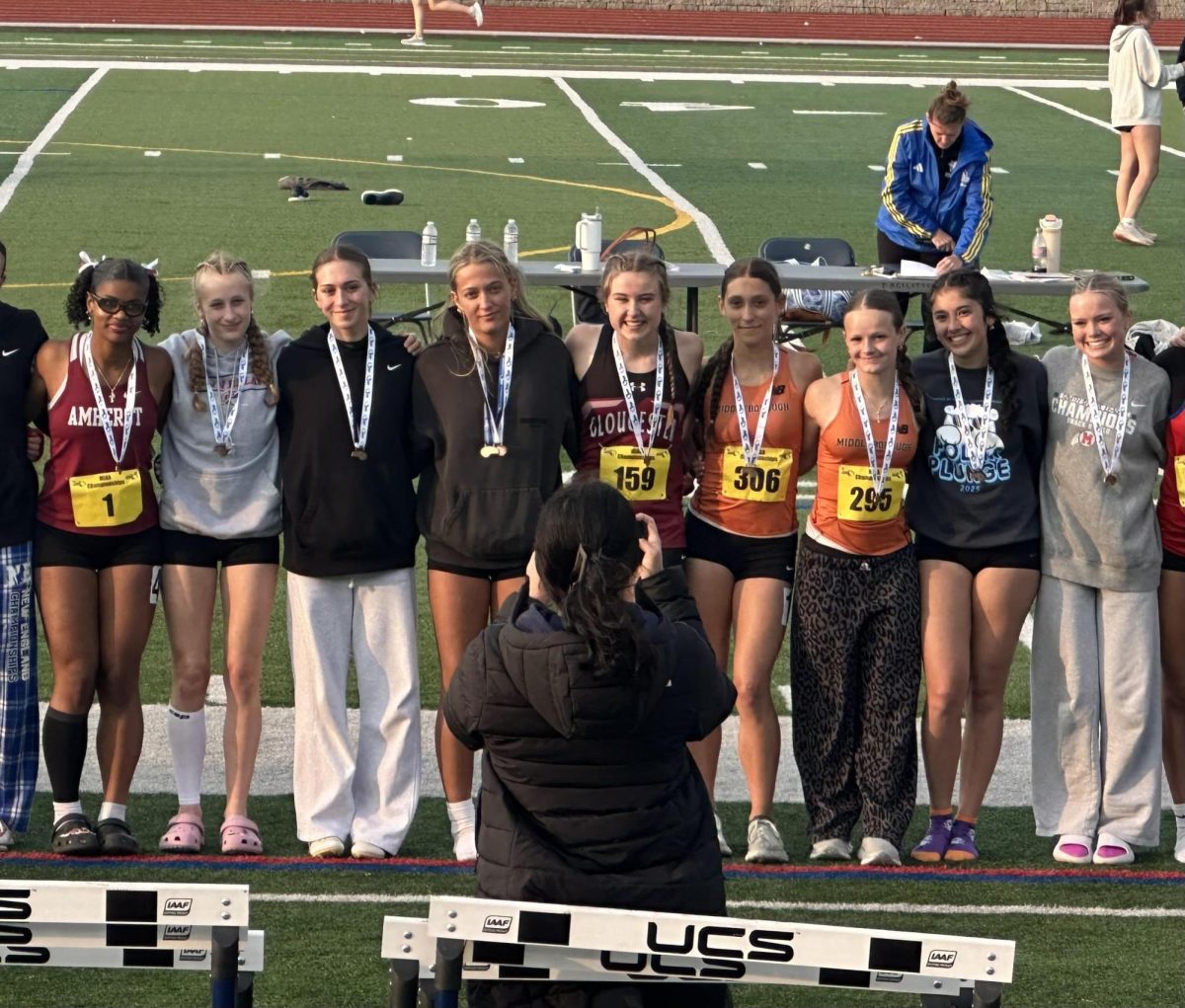



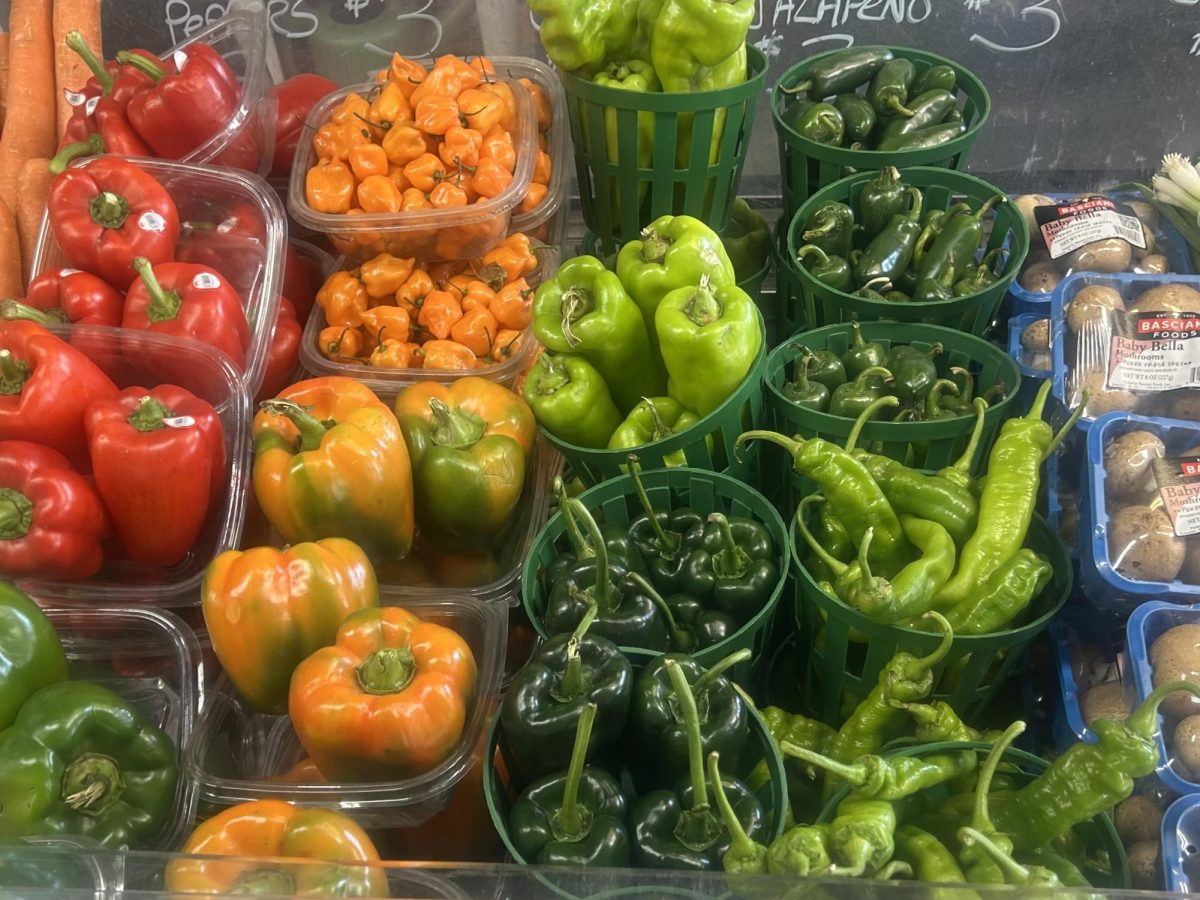
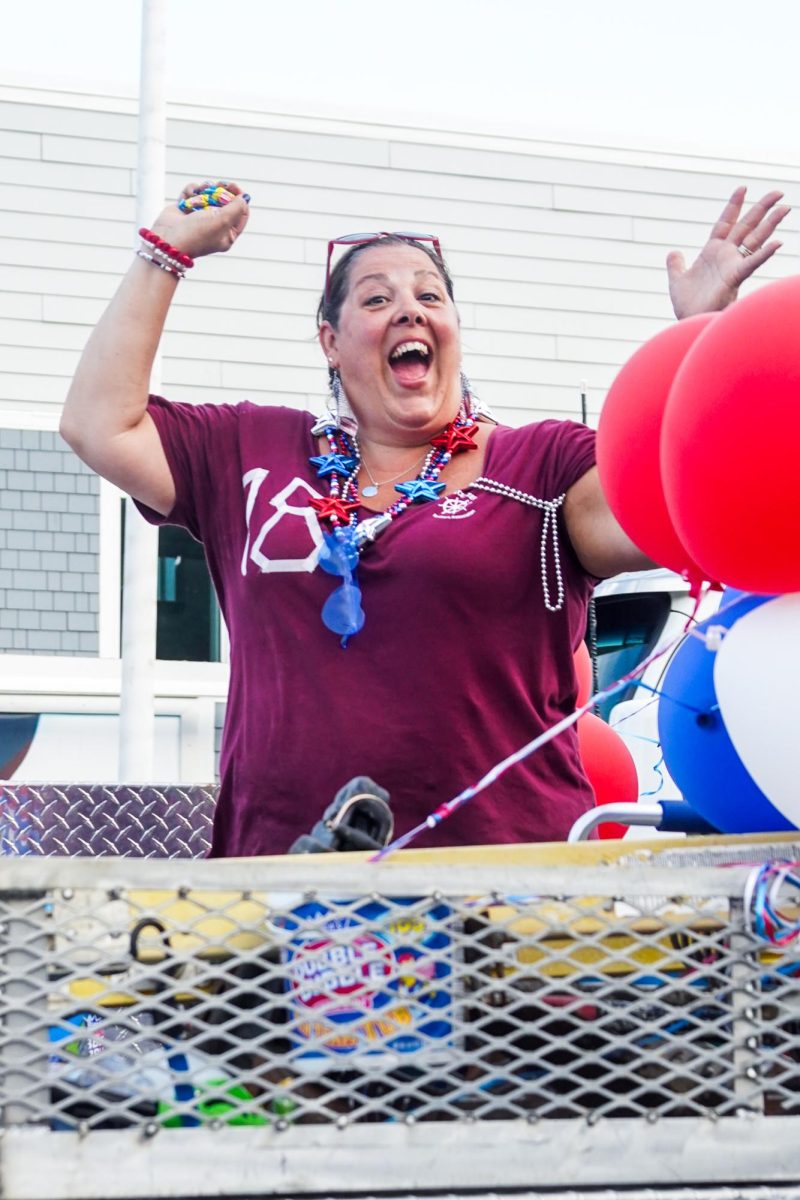

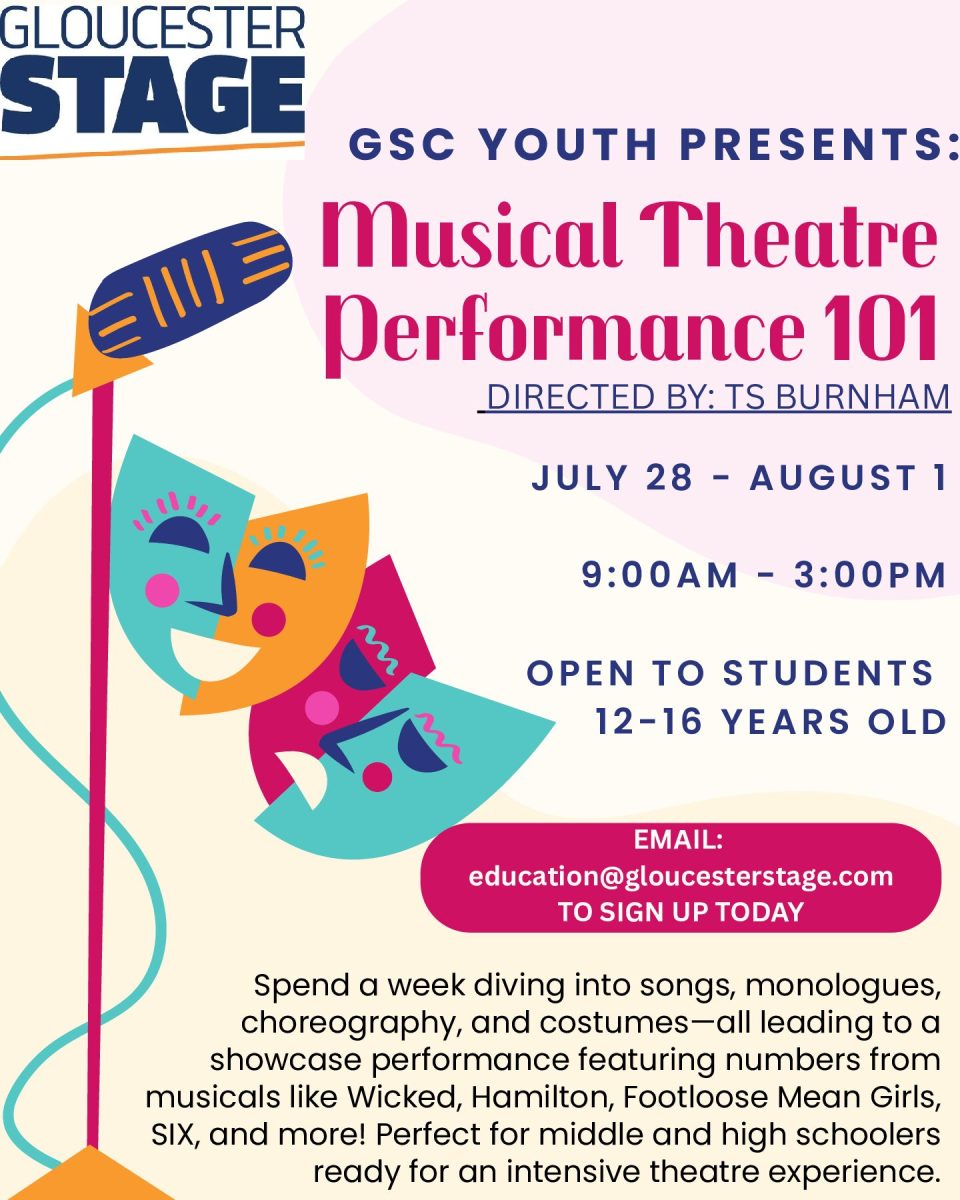

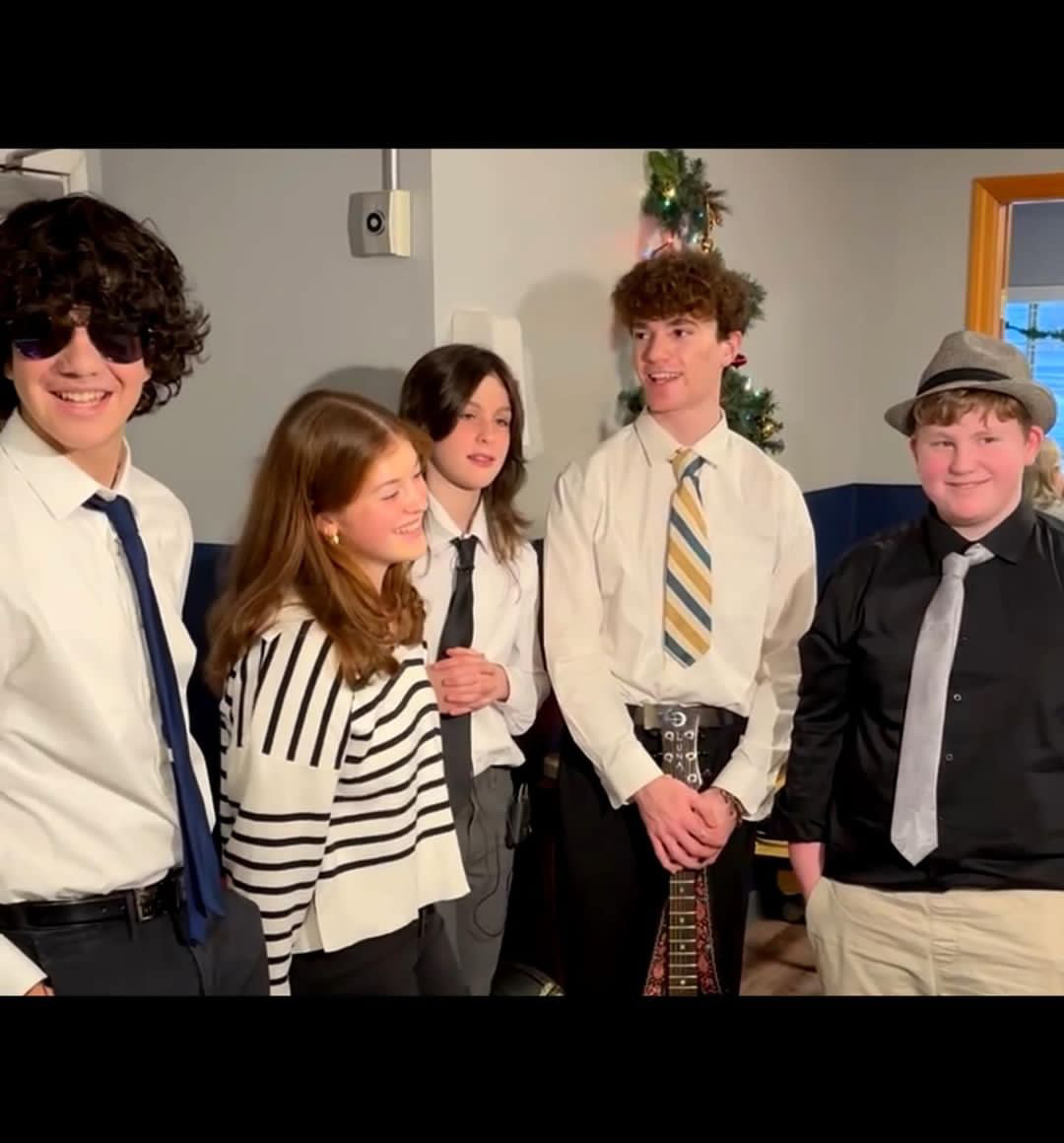





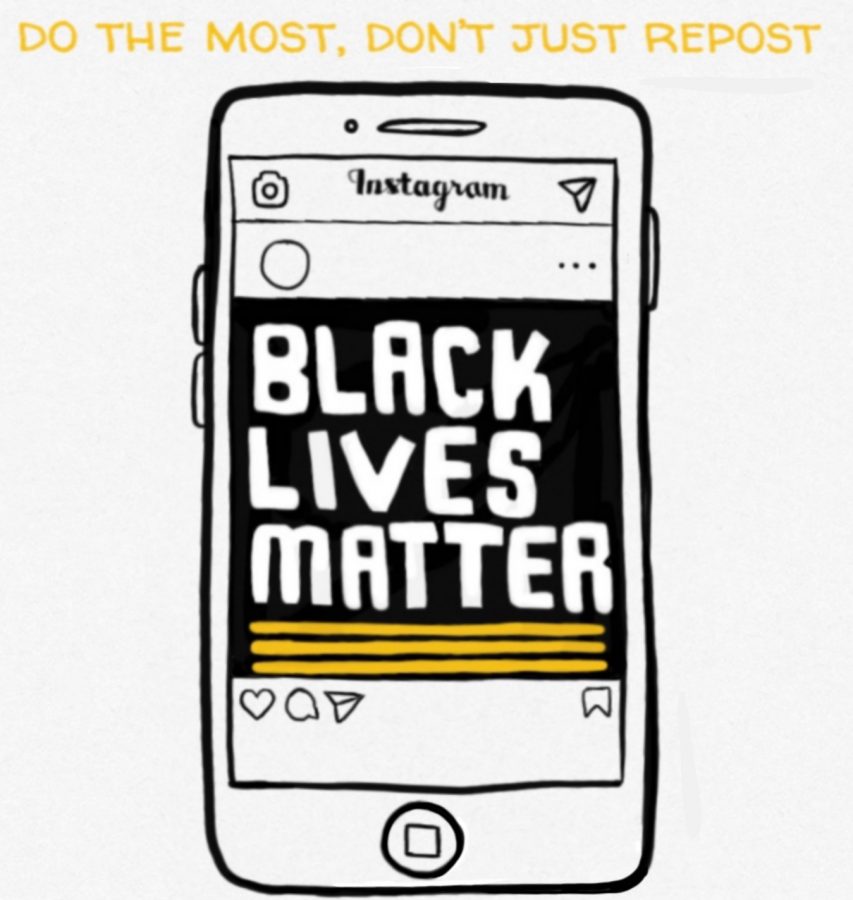
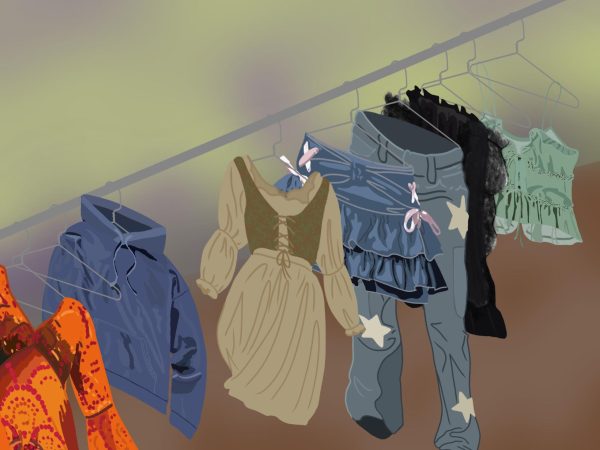

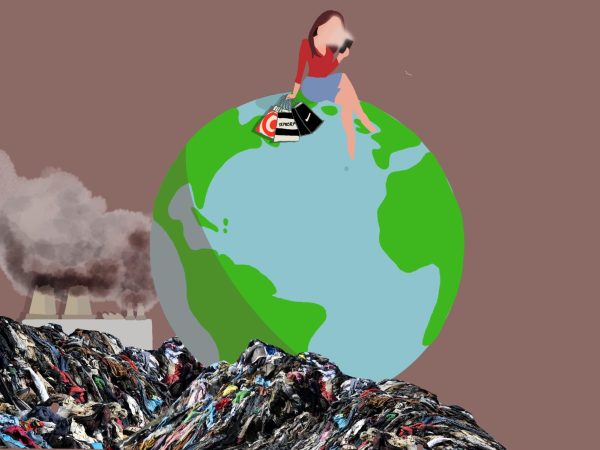
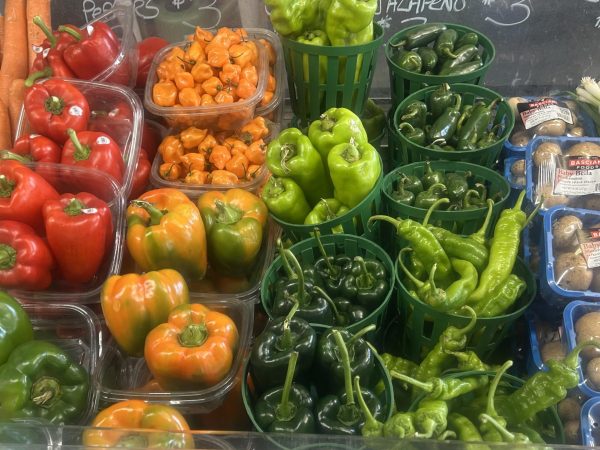

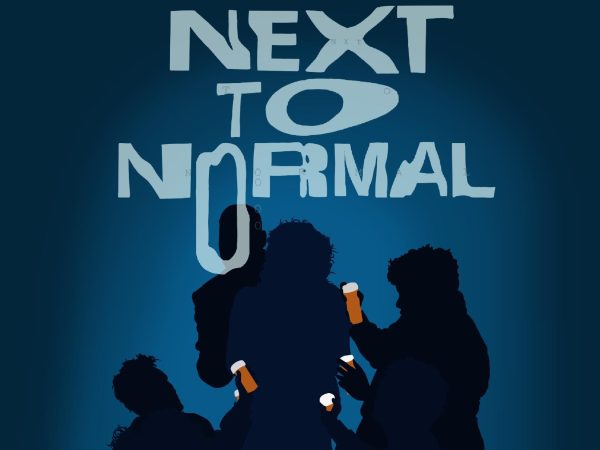
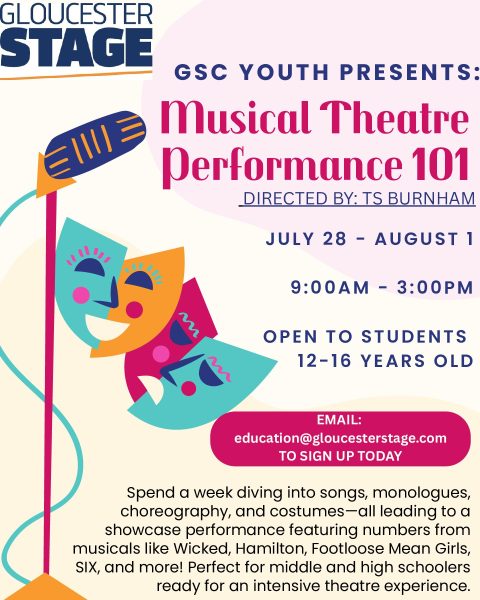

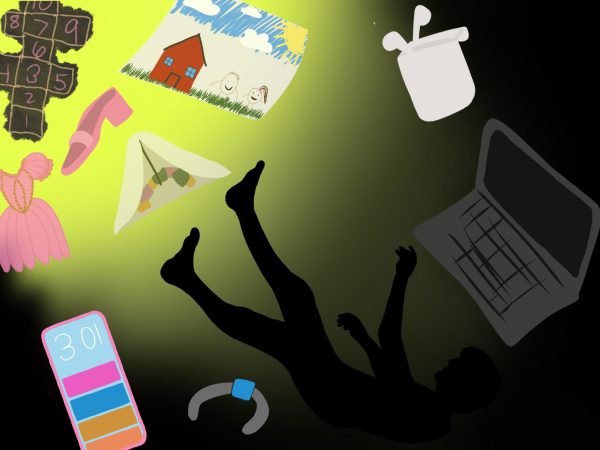
Laurie McPherson • Jun 5, 2020 at 10:18 pm
Rebecca, excellent piece. You should send this to the Boston Globe, NYT and/or WaPo for the opinion section (or an edited version, because I think they only accept unpublished pieces). Your writing rivals the quality of their best and beats the quality of others in those journals!
Laurie McPherson
(Friend of your Mom and Dad)
Natalie Simon • Jun 5, 2020 at 1:48 am
Your dad is looking down and smiling because you are the hope for the future of the world. Beautiful, Rebecca…❤️?❤️
Diana Peck • Jun 4, 2020 at 5:54 pm
Yo Rebecca!
You’ve inherited a fine mind & way with words from both Jim & Bo, & your ancestors!
I’ll be saluting tomorrow with all Jim’s friends.
Do keep sharing, & blessings on you & your extraordinary family. You all rock!
?????????????
Ruth • Jun 2, 2020 at 3:07 pm
You rock, Rebecca. Keep writing! Keep shouting our your welcome messages and words of wisdom. We are with you. Ruth and Eleyna
Bernie Amero • Jun 1, 2020 at 12:10 pm
Thank you ,Rebecca & Gillnetter
Gretchen • Jun 1, 2020 at 8:18 am
Well said Rebecca. Thank you for putting your voice out into the world!
Jochem Struppe • Jun 1, 2020 at 7:52 am
I love the first sentence! Perfect!
Loretta • May 31, 2020 at 12:54 pm
Thank you!
Rodney Nyborg • May 31, 2020 at 12:23 pm
Rebecca, thank you for your article everyone in Gloucester must read this now. Incredibly well-written and needed to be said, I couldn’t agree more! Excellent work!!
Susan Lane • May 31, 2020 at 9:37 am
Excellent article, I can do nothing but cringe as I drive around Gloucester everyday and see the ignorance of people at the beaches and at the boulevard. I’m a local visiting nurse so my job literally has me driving all over Gloucester and Rockport and NO ONE IS WEARING MASKS OR SOCIAL DISTANCING, numbers are climbing again and people are just ignoring it. They are selfish, they think about their strong immune system not the weak immune system of others.
Claire Keene • May 31, 2020 at 8:21 am
Incredibly well written.!
Skye Howes • May 31, 2020 at 1:41 am
this was worded incredibly. thank you
Madison Dempsey • May 30, 2020 at 10:10 pm
Beautifully said
Owen Bryan • May 30, 2020 at 9:18 pm
Very well put. Back in March I was an “i don’t care, I don’t interact with old people” person. However, my views changed once my granmother started living with me and I educated myself. Younger people need to remember that while they might be healthy, no one is immune to COVID-19. People need to remember they have parents/guardians at higher risk. Too many people claim to be against unnecessary death, yet don’t do their part to protect the older folks in their life. Excellent article Rebecca, keep up the good work Gillnetter staff and alumni writers!
Rissi Orlando • May 30, 2020 at 8:59 pm
So well written Becky.